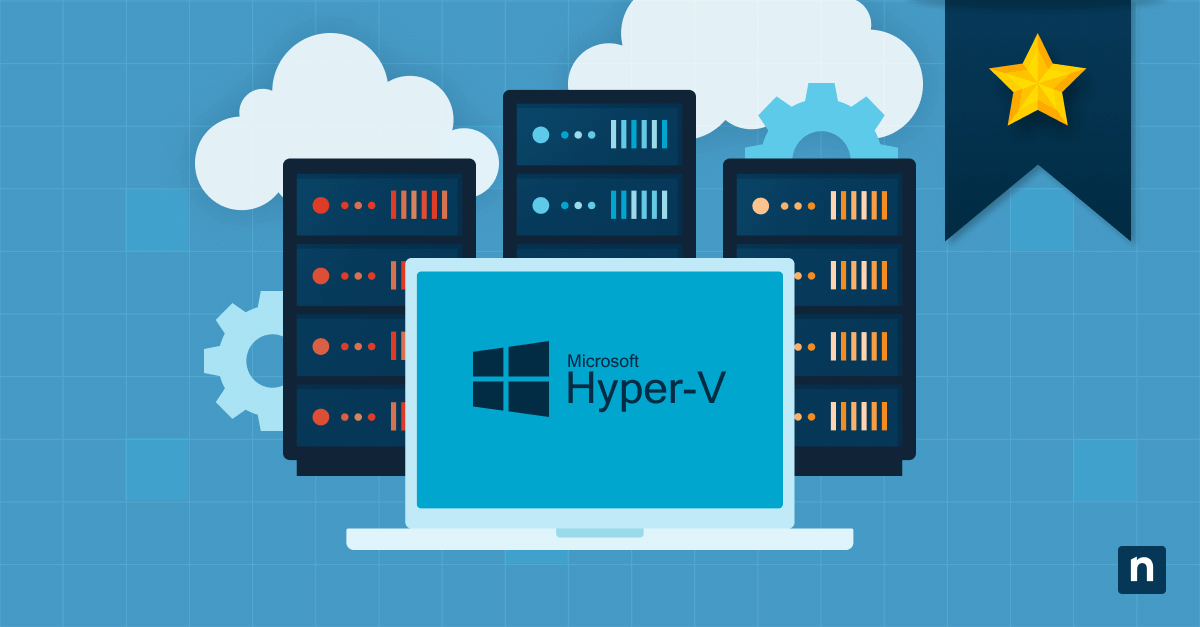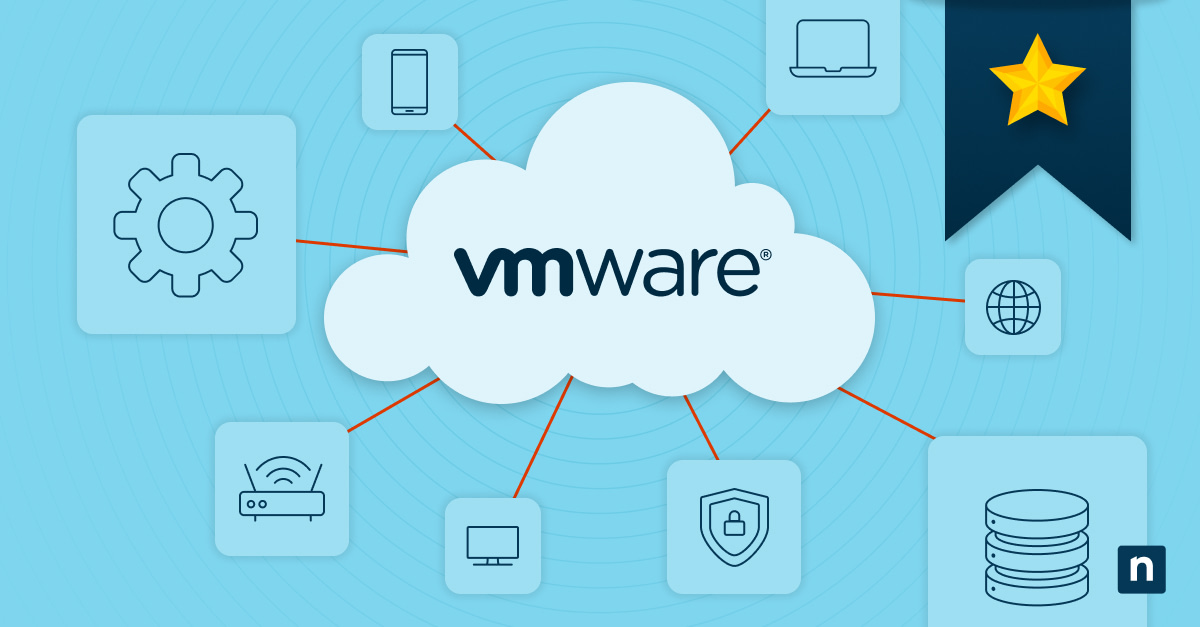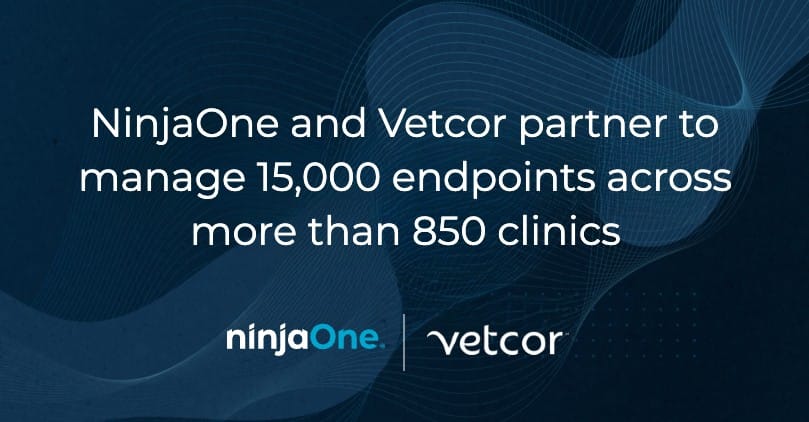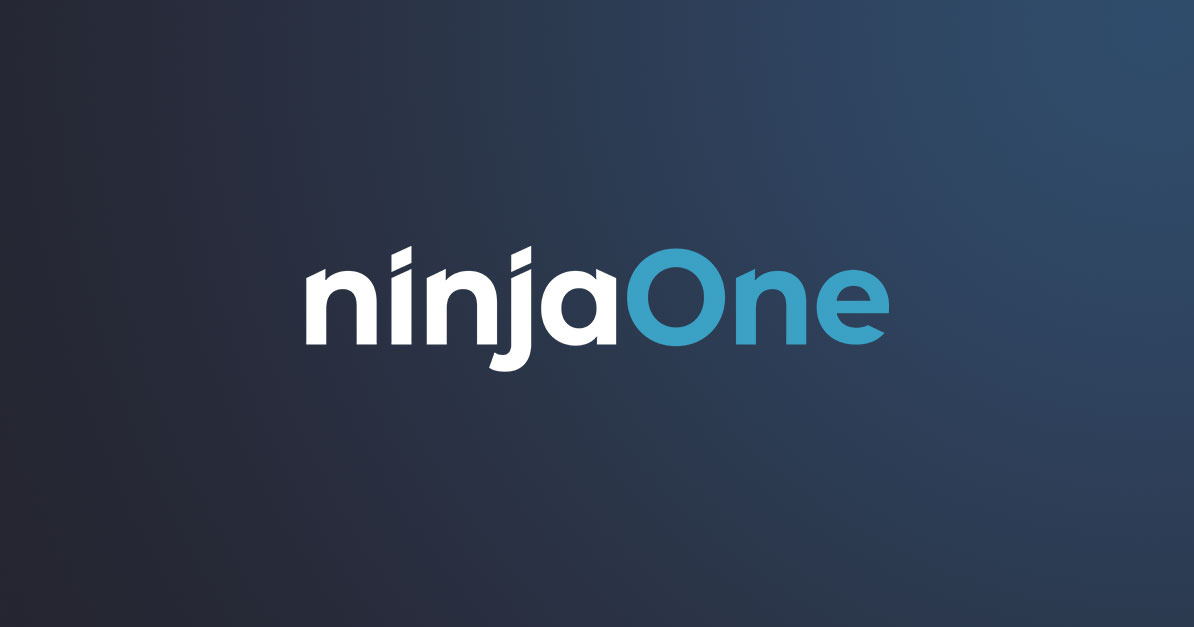Buying IT applications as a suite has become a common business practice, illustrated by Microsoft Office, which includes Word, Excel, PowerPoint, OneNote, Outlook, Publisher, and Access in one packaged offering. Microsoft’s SaaS offerings, such as Office 365 Business Premium, adds Exchange Online, OneDrive for Business, Skype for Business, and Microsoft Teams to the list.
Buying bundles is good if you use all of the products, or at least if you’re not stuck paying extra for the products you don’t use. But business-to-business software bundles are the exception to the rule.
Oftentimes, an MSP may like using one or two solutions in the bundle, but will find the rest of the package unusable. The sad reality, however, is that every time the MSP purchases another customer license, it’s charged for the entire suite — whether it uses all the products or not, which forces the MSP to either pass the higher pricing on to its customers or absorb the expense and accept a lower profit margin.
A study released in 2015 by Osterman Research and Trustwave found that 28 percent of organizations surveyed were not getting the full value out of their security-related software investments. Additionally, as much as 60 percent of security software remains completely unused in some organizations.
Many managed services providers (MSPs) have experienced similar underutilization problems with their remote monitoring and management (RMM) tools. Unlike the Microsoft Office example mentioned earlier, however, where the individual software products are created and bundled by the same vendor, most RMM software vendors bundle their products with third-party antivirus (AV), backup and disaster recovery (BDR), quoting, and professional services automation (PSA) software.
Some RMM vendors take bundling to another level by requiring a minimum buy-in for the privilege of using their products. Let’s say you would prefer to start with five or six licenses while you’re just getting started in managed services. The minimum buy-in could be 25 licenses, which is five times more than you need right now. In both scenarios, the unused RMM licenses and unused third-party software becomes what’s known as “shelfware,” which is something you pay for, but don’t use.
Fortunately, not all RMM vendors follow the practices described earlier; some take an approach that puts MSPs’ interests first and gives them the flexibility to sell bundled solutions on their terms.
Cloud-based RMM solutions require less of an investment in dedicated infrastructure and address many over-bundling concerns compared to on-premises solutions. When evaluating offerings, it’s a good idea to look for an RMM solution that supports the Web API (application program interface) or REST (representational state transfer) API standard. These can be thought of as the language of the Internet and are supported by Internet browsers.
These open APIs also provide functionality that rivals that of proprietary integrations and allow RMM software vendors to offer additional integration capabilities faster as new features are added to their platforms.
Make sure your prospective RMM provider doesn’t require you to purchase more licenses than you actually need. If a vendor has a sales model that benefits them at your expense, it’s a good sign that other aspects of the partnership, such as training and support, will be one-sided as well.






